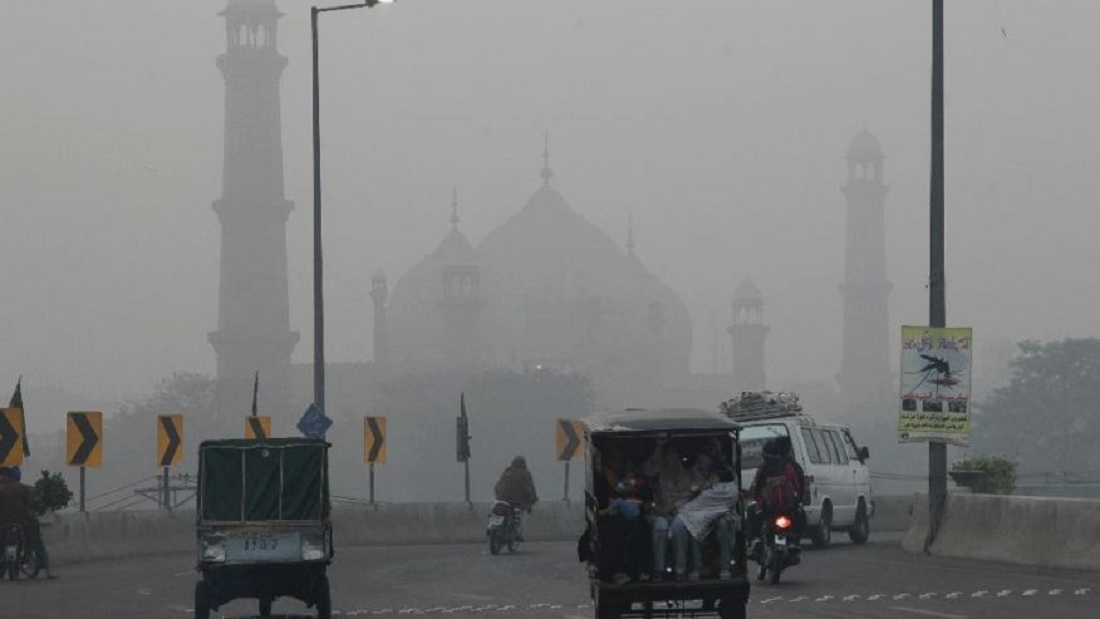In a bold move to combat Lahore’s severe air pollution, the Punjab government has introduced a Smog Clean Tower, a cutting-edge solution aimed at alleviating the hazardous smog choking the city.
This initiative, launched in partnership with the National University of Science and Technology, is a much-needed intervention for nearly two million residents affected by toxic air.
Lahore, one of the world’s most polluted cities, has long struggled with deteriorating air quality driven by vehicle emissions, industrial activities, construction dust, and seasonal crop burning. The impact has been dire, leading to health crises and necessitating measures like school closures, restricted business hours, and limited outdoor activities.
The Smog Clean Tower promises a ray of hope. Designed to filter harmful particulates, it represents a significant step toward cleaner air. Senior Punjab Minister Marriyum Aurangzeb described the initiative as “revolutionary,” highlighting its potential to serve as a model for other cities.
While the tower marks progress, experts stress the need for strict enforcement of environmental laws. Despite mandates under the Pakistan Environmental Act of 1997, only a fraction of industrial units comply with emissions monitoring.
To sustain improvements, integrating technology with robust regulatory frameworks is crucial for Lahore’s battle against smog.
Other Precautionary Measures
To combat smog and improve air quality, citizens can take the following precautionary measures:
Reduce vehicle usage: Opt for carpooling, public transportation, or walking short distances to minimize emissions.
Plant trees: Trees absorb carbon dioxide and release oxygen, helping to improve air quality.
Maintain vehicle health: Regularly service your vehicle to ensure optimal performance and reduce pollution.
Avoid burning waste: Burning waste, especially plastic and rubber, releases harmful pollutants into the air.
Use air purifiers: Indoor air purifiers can help filter out pollutants and improve indoor air quality.
Stay informed: Stay updated on air quality alerts and advisories issued by local authorities.
By taking these simple steps, individuals can contribute to improving air quality and reducing the impact of smog on their health and the environment.





